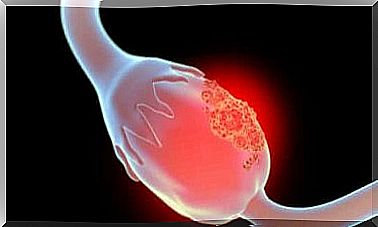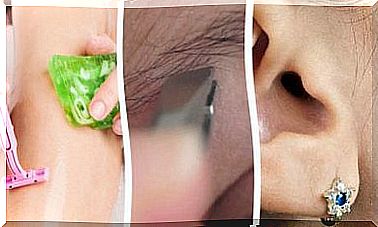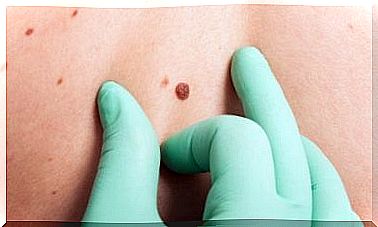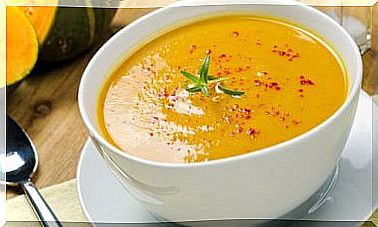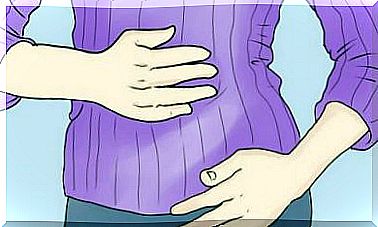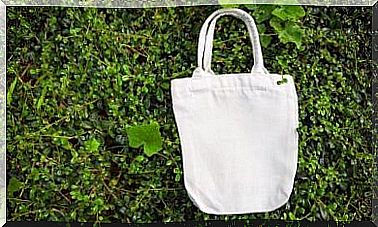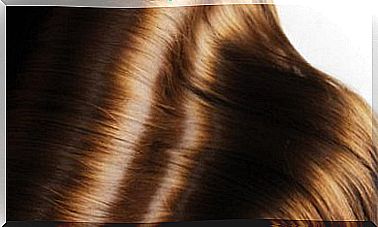Glaucoma: When Does It Happen And How To Avoid It?
It is recommended that you consume vitamin A to improve your eyesight, as it prevents blindness and stimulates vision in the dark.
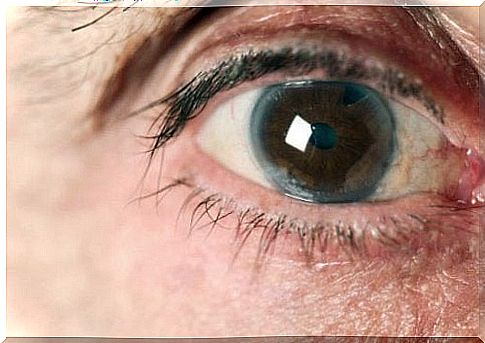
Popularly known as “eye pressure”, glaucoma is a serious problem, which should not be taken lightly.
There is no point in being afraid of suffering from this condition, but it is important to have the knowledge necessary to prevent the symptoms from getting worse.
In the following article, we’ll explain everything about glaucoma, its causes, and the different ways to avoid it.
What is glaucoma?
This eye disease appears gradually and does not show symptoms during its development. Glaucoma that is not treated properly can lead to blindness.
It is important to perform eye exams once a year, to detect this problem in time, in order to preserve our sight.
To be able to understand glaucoma, one must first know how the human eye works.
In the anterior part of this organ, is the cornea, which is the transparent lens which protects the eye and which allows light to enter.
The iris is the part of color that expands or contracts so that the pupil (the black point in the center of the eye) can allow light to pass.
The latter goes towards the lens and focuses on the retina, whose nerve fibers bring images to the brain through the optic nerve.
The front part of our eyes is filled with a transparent fluid, which is the intraocular fluid.
It exits the eye, from the pupil, and is then absorbed into the blood stream. If this drainage is done properly, eye pressure will be at normal levels.
The internal pressure of the eye will then depend on the amount of this flow. If the drainage system is not functioning properly, this liquid will flow out freely, without accumulating.
Intraocular pressure can vary throughout the day, although it should be kept within an optimal range.
In almost all patients with glaucoma, the drainage system becomes blocked and fluid cannot come out.
When it builds up, it increases internal pressure and damages the optic nerve, which is very sensitive. Also it can cause loss of sight, irreversibly.
These symptoms almost never appear until the glaucoma is quite advanced.
In this case, the patient has blurred vision, headache, pain in the eyes, nausea, vomiting, sudden loss of sight, and the appearance of color halos around bright lights.
The people who are most at risk of suffering from glaucoma are the over 60s, the elderly of African and Hispanic origin, people who have relatives with glaucoma, people with myopia, diabetics as well as people who use steroids for an extended period of time.
How to avoid glaucoma?
To reduce eye pressure, it is important to have eye exams once a year, at any age, but especially after 35 or 40 years. All the more so if the patient is part of the risk groups previously reported.
There are specific tests to determine eye pressure. It should be remembered that glaucoma causes loss of vision, which is irreversible, which is why it is vital to detect it in time.
It can be controlled with surgery or meditation, but here are some other tips for avoiding eye pressure:
Consume Omega-3 Acids
Foods that contain omega-3 fatty acids, such as fish, prevent macular degeneration. The latter is indeed the most common cause of blindness.
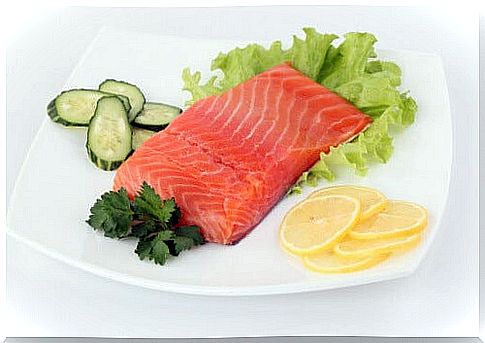
Eat more green vegetables
They are excellent because they have nutritious antioxidants that protect cells from free radicals.
Sources of lutein are kale, spinach, broccoli, Brussels sprouts, and egg yolk.
Avoid trans fatty acids
Trans fatty acids have many unwanted effects in our body such as increased eye pressure, among others.
So do not eat fried, pre-cooked, junk food etc.
Eat red berries
Bilberries, blueberries and berries are fruits rich in flavonoids that also help strengthen capillaries, responsible for providing nutrients to the eye muscles and nerves.
Pay attention to your weight
Living a healthy lifestyle is very important to feeling good in every way.
Exercise, regulate your weight to avoid obesity, adopt healthy habits and go on a diet.
A diet to prevent glaucoma
In addition to the foods we told you about earlier, pay attention to this list of vitamins you need to ingest to prevent eye pressure.
Vitamin B1
It is present in dried fruits such as almonds, walnuts or hazelnuts for example. It is also found in whole grains like rice or oats, pulses like beans, and fruits like oranges.
Vitamin A
It is excellent for eyesight, it prevents blindness and also improves vision in the dark. Here are some great sources of vitamin A:
-
- Spinach
- The Basilic
- Carrot
- Watercress
- The tomato
- Squash
- The watermelon
- The banana
- Dandelion
- The mango
- Apple
- The plum
- The melon
Vitamin C
It has antioxidant properties that prevent vision diseases, especially those of the degenerative type, such as cataracts, vision loss and glaucoma for example.
Here are foods rich in vitamin C:
- Citrus fruits in general
- The kiwi
- Pumpkin seeds
- Chestnuts
- Pistachios
- Amaranth seeds
Conversely, nutrients that are not recommended or at risk for patients with glaucoma are proteins (such as red meat) and stimulants (such as coffee or chocolate).
